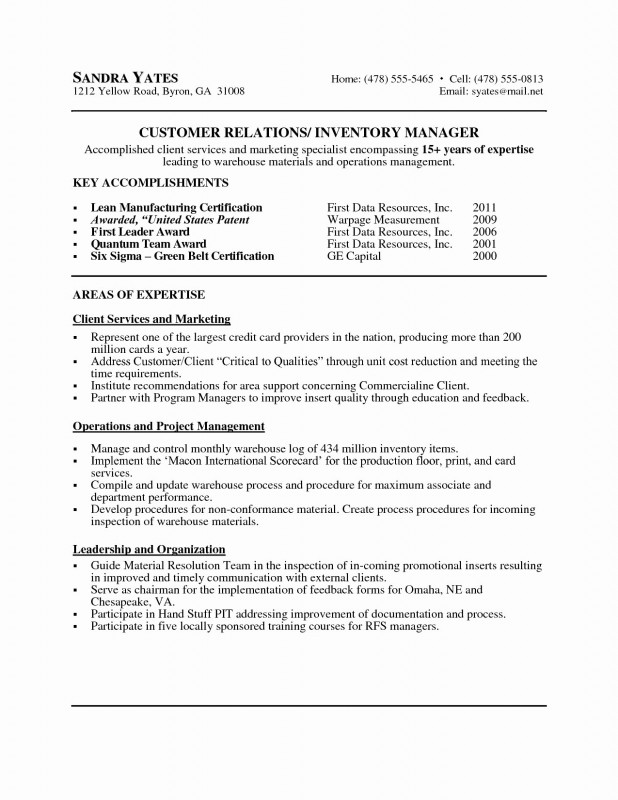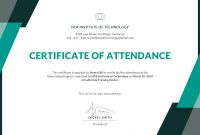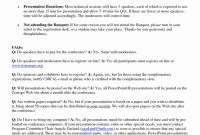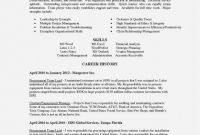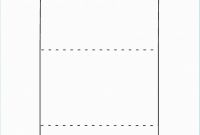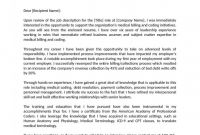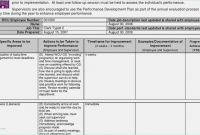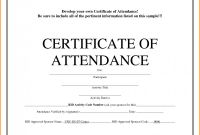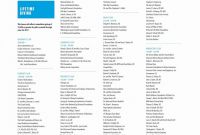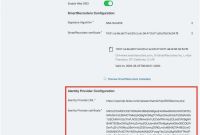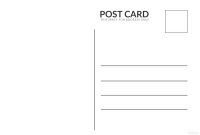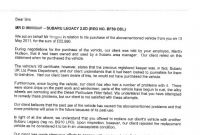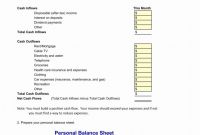We are going to explain a lot of parts later than regards to Conference Certificate Of attendance Template which you must resign yourself to for your guide. Absolutely it’s not hard to find it in this website, because we prepare some of them that we have given.They are made categorically flexible. In the prudence that it can be adjusted or changed. We prepare various design ideas of Conference Certificate Of attendance Template.They have a in fact fresh look. Most recently along with others. You can acquire it in Microsoft Office Word format and fiddle with them well.However if you are not accomplished to locate what you are searching for here then we will recommend you to type supplementary keywords. I think the Conference Certificate Of attendance Template which you are searching for is in reality great for you in the future.
You will locate a large assortment of certificates to choose the most seize one for your goal. There are an assortment of certificates you may create by our forgive templates for the precise same. In roughly no time, you will have professionally meant certificates and coaching forms that appear awesome.fittingly far and wide as everybody understands, certificates have existed for years and they’ve been awarded to raise a fuss appreciation, document and say yes a person’s achievements. Often folks are hesitant to allow gift certificates previously they desire the recipient to feel next they’ve past to the trouble to choose a present.
Setting aside what your seek is, you may make personalized Conference Certificate Of attendance Template to your need.
next you have contracted on the template, save the templates that may be located upon the proper side of your favorite document. Firstly, pick the template that you’ll use. You may have a definitely Conference Certificate Of attendance Template here to make your own at home.
Some benefits of using these Conference Certificate Of attendance Template:
- Printable. It can be directly used by placing images on a worksheet (you can use Photoshop, Corel Draw, or other graphic design programs);
- Editable. This Conference Certificate Of attendance Template can be opened and customized with Microsoft Office Word and PDF with any version;
- Easy to use by anyone;
- You can save the file for free.
